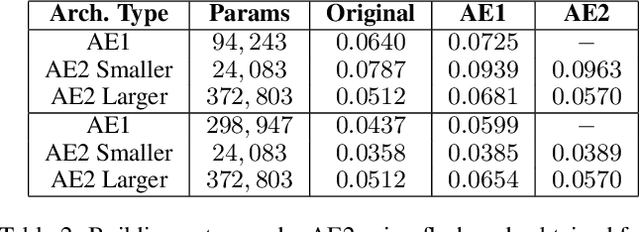Knowledge Capture and Replay for Continual Learning
Paper and Code
Dec 12, 2020



Deep neural networks have shown promise in several domains, and the learned task-specific information is implicitly stored in the network parameters. It will be vital to utilize representations from these networks for downstream tasks such as continual learning. In this paper, we introduce the notion of {\em flashcards} that are visual representations to {\em capture} the encoded knowledge of a network, as a function of random image patterns. We demonstrate the effectiveness of flashcards in capturing representations and show that they are efficient replay methods for general and task agnostic continual learning setting. Thus, while adapting to a new task, a limited number of constructed flashcards, help to prevent catastrophic forgetting of the previously learned tasks. Most interestingly, such flashcards neither require external memory storage nor need to be accumulated over multiple tasks and only need to be constructed just before learning the subsequent new task, irrespective of the number of tasks trained before and are hence task agnostic. We first demonstrate the efficacy of flashcards in capturing knowledge representation from a trained network, and empirically validate the efficacy of flashcards on a variety of continual learning tasks: continual unsupervised reconstruction, continual denoising, and new-instance learning classification, using a number of heterogeneous benchmark datasets. These studies also indicate that continual learning algorithms with flashcards as the replay strategy perform better than other state-of-the-art replay methods, and exhibits on par performance with the best possible baseline using coreset sampling, with the least additional computational complexity and storage.
 Add to Chrome
Add to Chrome Add to Firefox
Add to Firefox Add to Edge
Add to Edge